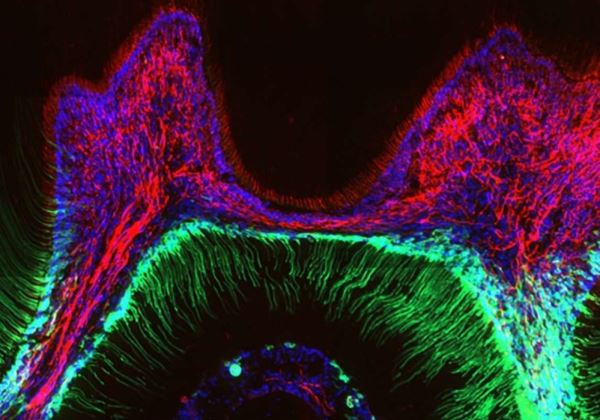Our Blog
Why do damaged teeth hurt when drinking or eating something cold
There is nothing like that peculiar reaction that reaches your bones when a damaged tooth comes into contact with something cold. It happens when you have an ice cream or a cold drink and then, suddenly, that sensation so intense and stinging, like a needle that pierces a nerve.
Researchers have known for years that this phenomenon is due to damage to the outer protective layer of the tooth. But it has been difficult to understand how the message gets from the outside of the tooth to the nerves within it. A group of biologists reported in the journal Science Advances that they have identified an unexpected protagonist of this painful sensation: a protein embedded in the surface of the cells that are inside the teeth. The discovery provides a glimpse of the connection between the external and internal world of a tooth and could one day help guide the development of dental pain treatments.
Ion channels are scattered throughout our bodies, and they are behind some surprisingly familiar sensations. For example, if your eyes start to feel dry and cold when there is fresh air, it is because an ion channel has been activated in the cornea. The scientist wondered what other parts of the body could make use of a cold receptor and then it occurred that "the most sensitive tissue in the human body can be the teeth" when it comes to the perception of cold.
Within the protective layer that makes up the enamel, teeth contain a hard substance called dentin that is furrowed by small tunnels. At the core of the dentin is the soft pulp of the tooth, where nerve cells and other so-called cells are interspersed.
The prevailing theory of how teeth are sensitive to cold had been that changes in temperature put pressure on the fluid within the dentin tunnels and thus somehow elicited a response in the hidden nerves.

